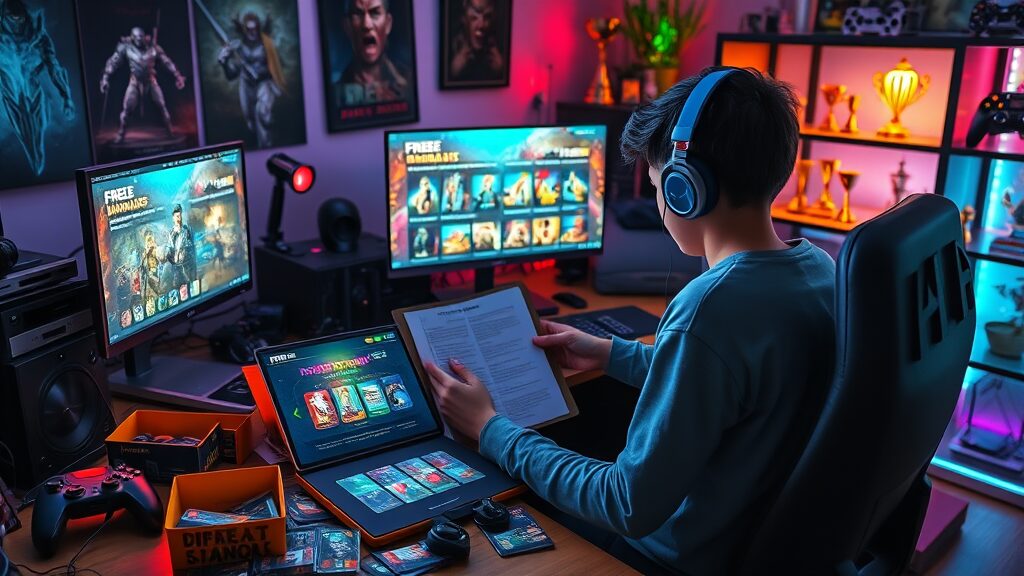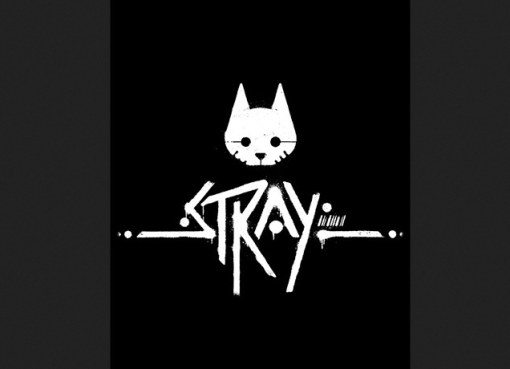
The modern person spends an average of 4–6 hours a day on their phone. During this time, we are exposed to thousands of pieces of information — news, social media posts, messages, and notifications. Our brains didn’t evolve to process this much data, and as a result, we experience a condition known as information overload.
Yet, living without a phone is no longer realistic — the solution lies in smart, intentional use. Some people spend time browsing organized content, while others take short breaks on platforms like Pin Up casino, engaging in a different kind of mental activity before returning to their tasks. The key is to make phone use conscious and control the flow of information.
Infoxication: The Disease of the Information Age
The term “infoxication” — a blend of information and intoxication — describes one of the most serious mental health issues of our time. The constant flow of information creates a kind of cognitive overload in the brain.
Research shows that the average person is exposed to about 34 gigabytes of data per day — the equivalent of reading 174 newspapers.
The problem isn’t just the quantity, but also the quality and speed. Social media algorithms constantly expose us to new content, each piece competing for our attention. As a result, we develop a habit of surface-level reading — endlessly scrolling without truly processing what we see. This leads to memory problems, poor concentration, and difficulty making decisions.
The way out of this mental bombardment is through digital awareness. Even on online entertainment platforms like PinUp AZ, spending time intentionally and in moderation can help maintain mental balance. In a world flooded with information, true power lies not in how much you know, but in what you choose to focus on.
The Brain on Phones: A Neuroscientific Perspective
Neuroscientific studies reveal that excessive phone use can physically alter brain structure. The prefrontal cortex — responsible for decision-making and impulse control — weakens under constant stimulation. MRI scans have shown a reduction in gray matter volume among heavy smartphone users.
But all is not lost. The brain is neuroplastic — capable of change and recovery. By developing healthy digital habits, it’s possible to create a balanced relationship with your phone.
Experts even suggest that controlled recreational platforms like PinUp can play a positive role in this balance — as long as usage time is clearly limited and the activity is treated as a conscious mental break.
Not Digital Detox — Digital Balance
The concept of a “digital detox” is popular, but not realistic. Most of us rely on technology for work, study, and social life. The answer is not complete withdrawal, but balanced use, based on three main principles:
- Mindful consumption – Know why you open each app, and close it when your purpose is complete.
- Quality over quantity – Consume less but more meaningful content; be selective instead of endlessly scrolling.
- Time control – Set specific times for phone use.
When applied, these principles turn your phone from a distraction into a useful tool. For instance, taking a planned 15-minute break on a platform like Pin Up in the evening can help relieve stress — as long as it’s scheduled, not spontaneous.
Managing Notifications: The First Step
The biggest source of information overload is constant notifications. Studies show the average person receives 63 notifications per day, each one causing a 23-minute attention loss — adding up to hours of wasted focus daily.
The first step is a radical notification cleanse. Allow alerts only from critical apps. Turn off notifications entirely for social media, news, and games. Instead, set calendar reminders to check these apps at specific times. This puts you back in control — you manage your phone, not the other way around.
The same rule applies to digital entertainment: managing your time on PinUp helps you enjoy it responsibly while maintaining balance.
Tracking App Usage
Most modern smartphones include built-in tools that track app usage. The results can be shocking — what feels like “a few minutes” is often hours.
- Week 1: Simply observe and record where your time goes.
- Week 2: Set specific goals and limits — and stick to them.
For example:
- Social media – max 30 minutes/day
- News apps – 20 minutes/day
- Entertainment (including PinUp AZ) – 15 minutes/day
At first, these limits may feel restrictive, but within a week you’ll find yourself using your time more effectively and regaining focus.
Grayscale Mode: Simple but Powerful
A major reason phones are so captivating lies in their colorful, stimulating screens. App icons, notifications, and visuals are designed with bright hues that trigger dopamine release, making you crave more interaction.
The solution: switch your phone to grayscale mode. Studies show this can reduce phone use by up to 38%. Even bright, engaging platforms like PinUp AZ become less appealing, making self-control easier. It’s a surprisingly effective change with no loss of functionality.
Content Curation: Filtering for Quality
Another source of overload is random content consumption. Social media algorithms constantly push new material — but most of it isn’t valuable.
The fix is to become your own content curator. Review who and what you follow, and ask: Does this add value to my life?
Create a personal “content constitution”:
- Educational – content that teaches or develops skills
- Inspirational – content that motivates or sparks creativity
- Entertaining – controlled, time-limited enjoyment (including platforms like Pin Up casino)
Unfollow everything else. Use tools like RSS readers or newsletters to access content directly from trusted sources — without algorithmic noise. The more you curate, the more satisfying and less draining your digital experience becomes.
Creating “Pre-Phone” Rituals
Most of us open our phones automatically, without intention — a habit that leads to hours of mindless scrolling.
“Pre-phone” rituals can break this cycle. Each time you pick up your phone, pause for three seconds and ask:
“What exactly do I need to do right now?”
If the answer isn’t clear — put the phone down. If it is, mentally state your goal: “I’ll check my emails” or “I’ll spend 10 minutes on PinUp.” This conscious intent makes it easier to stop once your task is done.
Technology Should Be a Tool, Not a Master
Escaping information overload doesn’t require radical changes — just small, consistent adjustments:
- Manage notifications
- Limit screen time
- Create phone-free zones
- Choose content intentionally
Technology itself is neutral — what matters is how we use it. Platforms like Pin Up or social media aren’t inherently harmful — the danger lies in losing control.
Spend a few minutes each day reviewing and adjusting your habits. Over time, you’ll develop a healthy relationship with your phone — neither dependent nor detached.
This balance is the key to modern living — letting you enjoy the benefits of technology without being buried by it.




